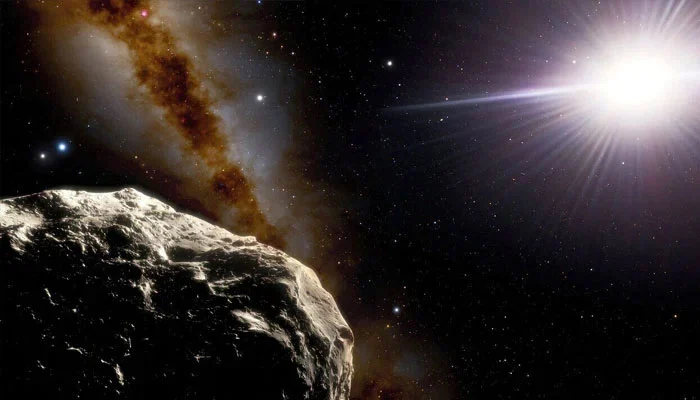China has launched a new space probe with the objective of collecting samples from an asteroid and returning them to Earth for scientific study, as reported by the state news agency Xinhua. This mission marks the country’s first endeavor of this kind.
Beijing has invested billions of pounds into its space program in recent years, aiming to realize what President Xi Jinping describes as the nation’s “space dream.” The country has successfully constructed a space station orbiting Earth and plans to conduct a crewed mission to the Moon within this decade, with the long-term goal of establishing a permanent lunar base.
A Long March-3B rocket, carrying the Tianwen-2 probe, successfully blasted off from the Xichang launch site in southwestern Sichuan province “in the early hours of Thursday,” Xinhua stated.
“Shan Zhongde, head of the China National Space Administration, stated that the Tianwen-2 mission represents a significant step in China’s new journey of interplanetary exploration,” the news agency reported.
The Tianwen-2 mission is tasked with collecting samples from the near-Earth asteroid 2016HO3 and conducting exploration of the comet 311P, according to China’s space agency.
Discovered by scientists in Hawaii in 2016, the asteroid is approximately 40 to 100 meters (130–330 feet) in diameter and maintains a relatively close orbit to Earth. Xinhua reported this week that it is considered a “living fossil,” composed of ancient materials that can provide scientists with crucial insights into the formation of the early solar system.
Meanwhile, the comet orbits between Mars and Jupiter and is of particular interest to researchers due to its exhibition of certain features more commonly associated with asteroids.
The Tianwen-2 mission is projected to last approximately a decade.
China’s space program holds the distinction of being the third to send humans into orbit, following the United States and the Soviet Union. It has also successfully landed robotic rovers on both Mars and the Moon.
Its space station, Tiangong—meaning “celestial palace” in Chinese—is considered the crowning achievement of its space endeavors. Last month, China dispatched three astronauts to Tiangong for a six-month stay as part of the Shenzhou-20 mission.



